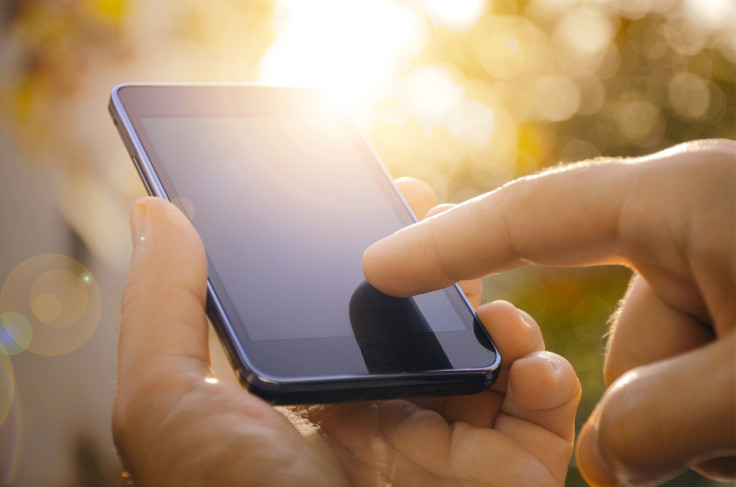Gay And Bisexual Men Who Use Grindr, Other Hookup Apps Have Higher Risk Of STDs

A new study published in the journal Sexually Transmitted Infections has found that gay and bisexual men who use smartphone hookup apps like Grindr are at a higher risk of developing sexually transmitted diseases (STDs).
Men using these location-based apps were more likely to be infected with gonorrhea and chlamydia than men who met sexual partners in person or on other types of online dating sites, the researchers found. They were 25 percent more likely to be diagnosed with gonorrhea, and 37 percent more likely to get chlamydia, than other males who didn’t use the site to meet people.
In the study, researchers led by Matthew Beymer, an epidemiologist at the L.A. LGBT Center, examined 7,184 gay and bi-curious men who had been tested for STDs between 2011 and 2013. He reviewed the extent to which they used apps like Grindr and SCRUFF, which have become increasingly popular in the LGBT community in the past several years. They found that 22 percent of the people surveyed found sexual partners through browser-based dating sites, while 17 percent said they only met other men through apps. The researchers did not notice any increased likelihood of contracting HIV/AIDS among men who used these apps, but further research would be needed before coming to any conclusions on that matter.
The authors wrote in their study: “Since 2001, various studies have found that [men who have sex with men] who used the internet to locate sexual partners, compared to those who did not, had a greater odds of engaging in unprotected anal intercourse… higher odds of having anonymous sex, and a higher average number of partners in the past six months.”
According to the Centers for Disease Control and Prevention (CDC), sexually-transmitted diseases have been increasing in prevalence among LGBT in recent years. Gay men accounted for about 63 percent of primary and secondary syphilis cases in the U.S. in 2008. But Beymer isn't necessarily discouraging gay and bisexual men from using these apps; rather, he hopes the study will spur sites to be more educational about protection and STDs. “We don’t necessarily want individuals to stop using these technologies,” Beymer told Reuters. “We realize as public health professionals that meeting people will evolve with the technologies. We’d like to see these applications used as an education tool in addition to their original intention.”
Source: Beymer M, Weiss R, Bolan R, Rudy E, Bourque L, Rodriguez J. Sex on demand: geosocial networking phone apps and risk of sexually transmitted infections among a cross-sectional sample of men who have sex with men in Los Angeles county. Sexually Transmitted Infections. 2014.



























